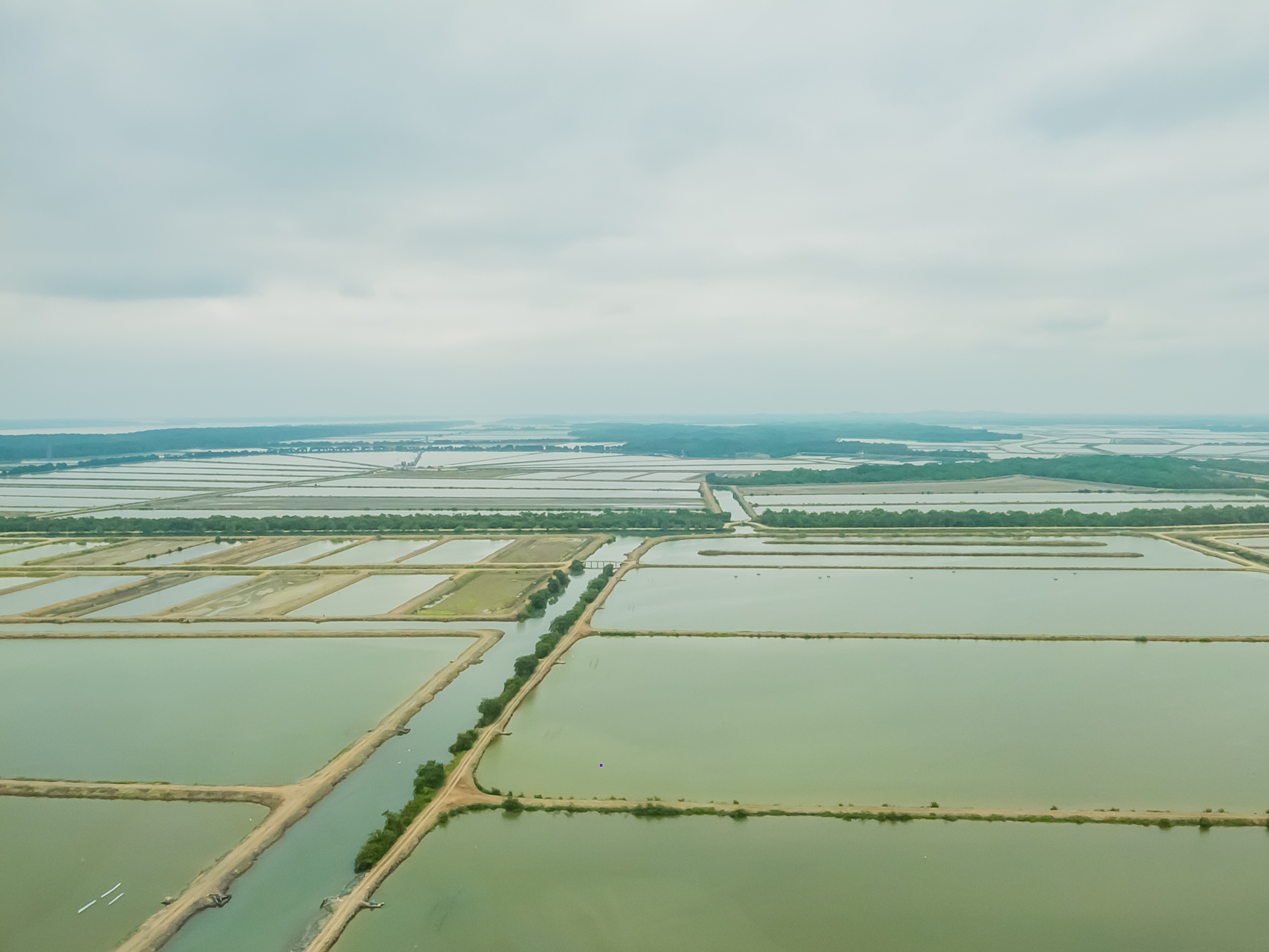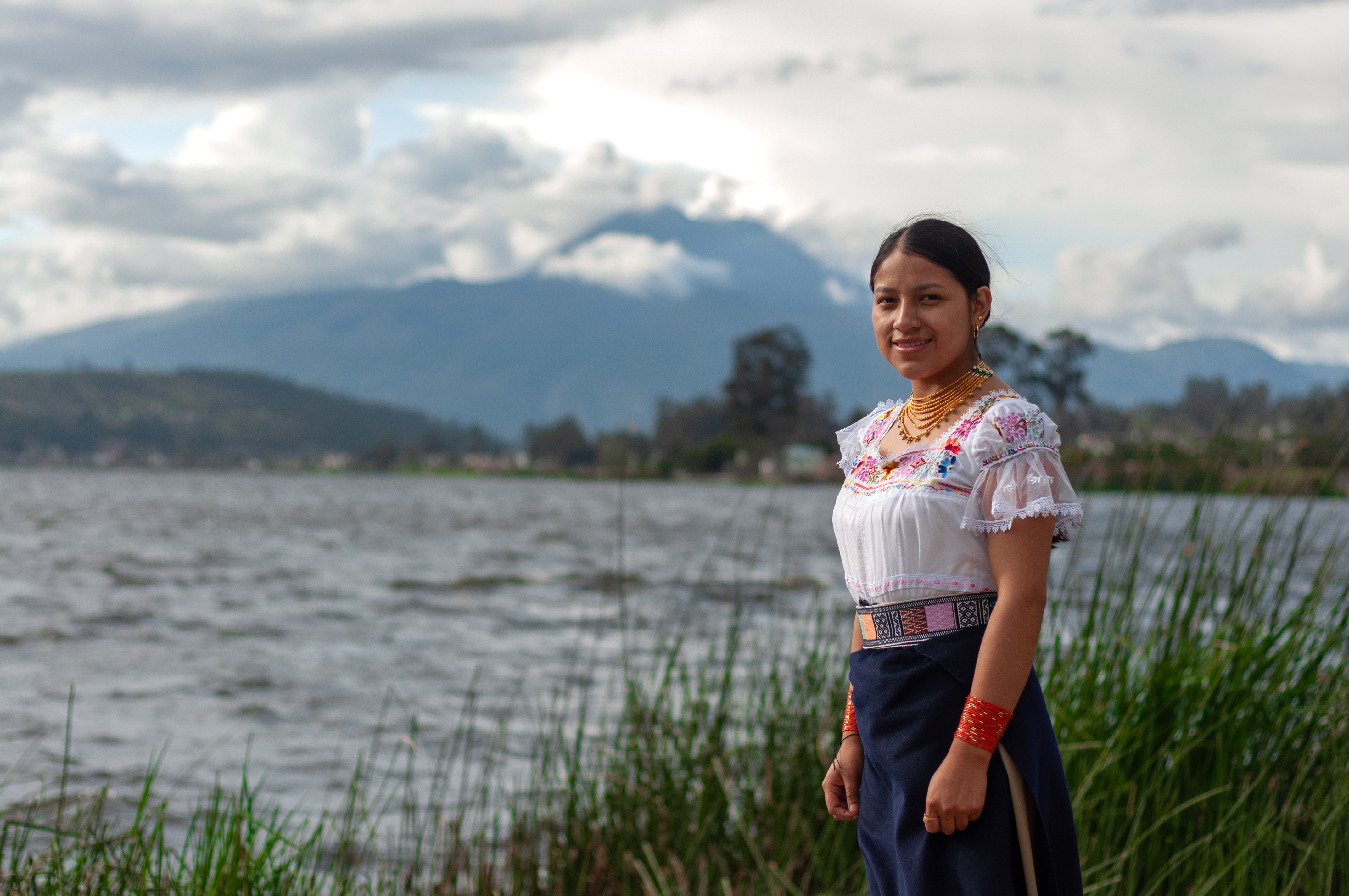Antimicrobial resistance (AMR) is one of the greatest challenges facing global public health. It arises when bacteria, viruses, fungi or parasites develop mechanisms that make them resistant to certain drugs designed to eliminate them. In aquaculture, as in other production systems, the misuse of antibiotics can promote the emergence of resistant strains, posing risks to animal health, human health and the environment.
Aquaculture in Ecuador began more than 50 years ago and is now a pillar of its economy. In 2022, the country became the world’s largest exporter of shrimp, ahead of India and Vietnam. That same year, total exports reached $10.1 billion, equivalent to 42% growth.
With such an important sector, the way it is produced has a huge economic, social and environmental impact.
In the webinar series ‘Fighting AMR in aquaculture’, organised jointly by WOAH and its Collaborating Centre for Antimicrobial Stewardship in Aquaculture (CASA), the experience of a private Ecuadorian company that took the initiative to stop using antibiotics more than ten years ago was shared.
White spot disease is one of the most serious viral diseases affecting shrimp production worldwide, and it had a severe impact on Ecuador in the early 2000s. Production is estimated to have fallen by around 60–70% in just a few years, leading to an economic and social crisis in the producing areas.
After facing devastating diseases such as white spot syndrome in the 2000s, they embarked on a path of research, trial and error. Over time, they implemented new practices such as:
The result: they demonstrated that shrimp can be produced profitably, caring for the environment and without antibiotics.
‘Our antibiotic-free policy is also a social and environmental commitment. With Marea Rosa, an initiative within the framework of this project, we wanted to go one step further: to highlight the leadership of women in aquaculture and demonstrate that sustainable production is profitable and has a positive impact on our communities,’ said Dr Annabell Palacios, leader of the company.
Beyond production, Ecuador's project also stands out for its social approach: women's leadership in aquaculture and a strong commitment to sustainability.
Ecuador’s story shows that another form of aquaculture is possible: one that is more sustainable and free of antibiotics. This effort not only protects animal health and the health of those who consume its products, but also helps to curb the global threat of antimicrobial resistance.
WOAH supports and disseminates experiences such as this to inspire other countries to implement similar initiatives. Because every step towards more responsible production brings us closer to a future with safe food, healthy ecosystems and stronger communities.
More information:

